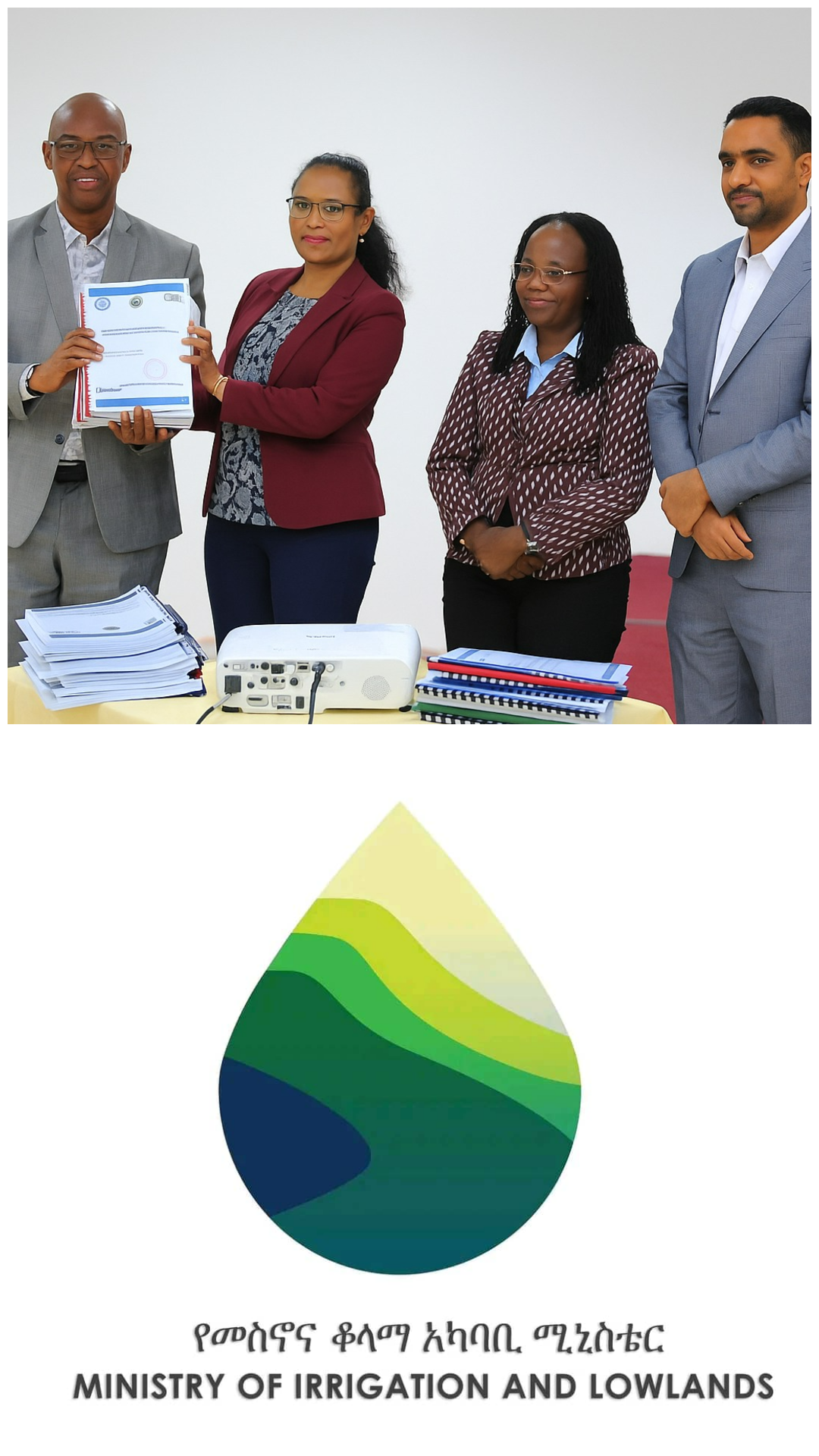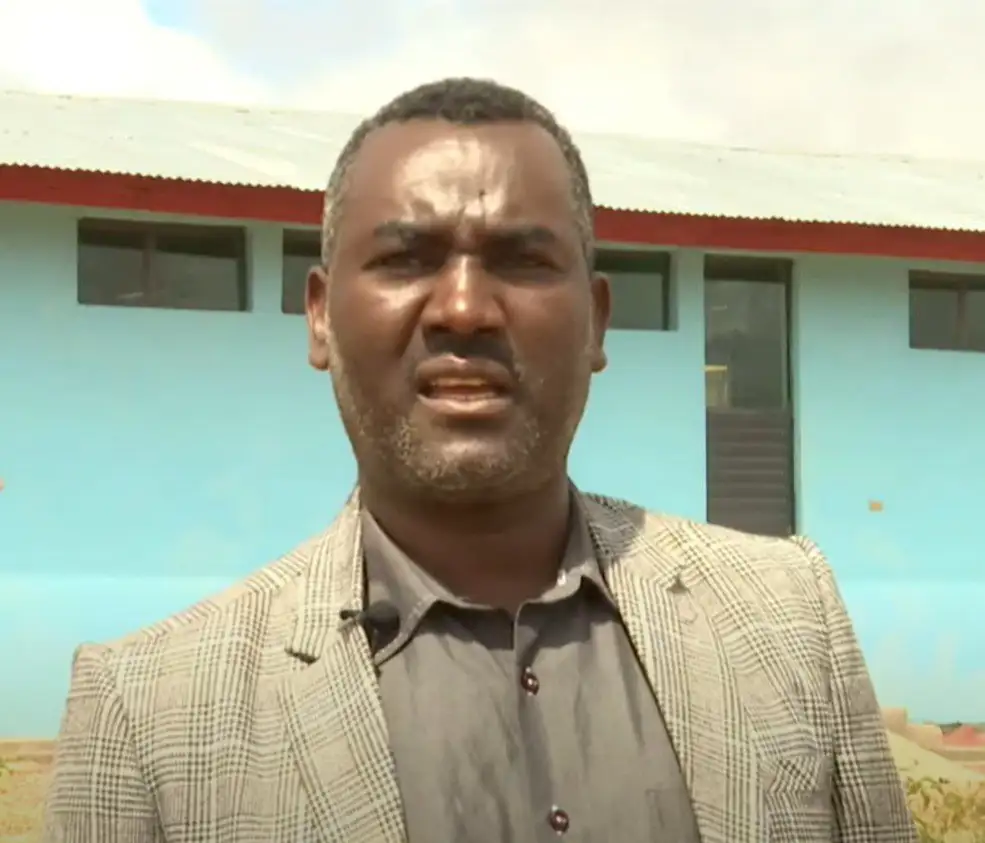By: Goshu Melisew
The Ministry of Irrigation and Lowlands has disclosed that Ethiopia has drafted a national irrigation standard and implementation regulation aimed at improving efficiency and sustainability in the sector.
The draft, developed with support from the Food and Agriculture Organization (FAO) and Addis Ababa University, is designed to close planning gaps, strengthen oversight, and ensure timely completion of irrigation projects.
Irrigation development in Ethiopia has long been challenged by inefficiencies, weak feasibility studies, and project delays, prompting widespread concerns from the public.
“Lack of proper guidelines on irrigation efficiency and quality has prevented Ethiopia from fully benefiting from the sector,” said Abreham Belay (PhD), Minister of Irrigation and Lowlands. “Building stronger pre-feasibility and feasibility study capacity is vital for effective governance and sustainable development. The new framework will help address quality issues and ensure projects are completed on time. I urge stakeholders to push for its full implementation.”
FAO Representative in Ethiopia Farai Zimudzi emphasized that irrigated agriculture is essential for Ethiopia’s food security and climate resilience, but stressed the importance of efficient water management to balance competing demands. He reaffirmed FAO’s commitment to supporting Ethiopia in this effort.
Project Coordinator at Addis Ababa University, Belete Berhanu (PhD), noted that the initiative is specifically designed to tackle long-standing challenges in the irrigation sector.
The new standard and regulation is expected to be published and officially endorsed for implementation in the upcoming Ethiopian New Year.






